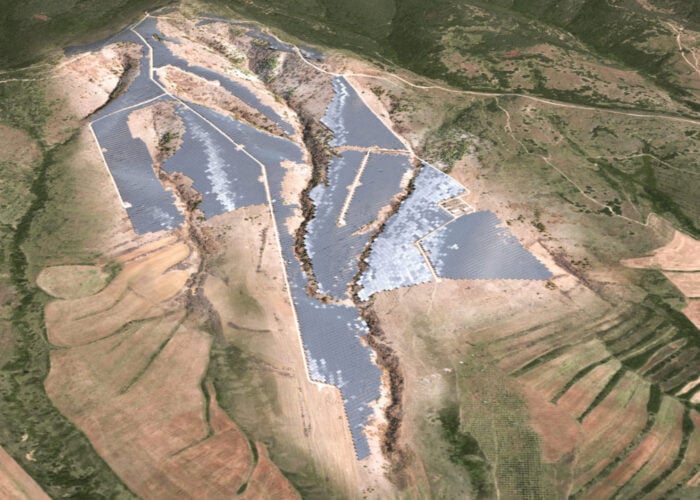The
U.S. Bureau of Land Management (BLM) has put a halt on 125 applications
for solar energy power plant projects on public land in six western
states: Arizona, California, Colorado, Nevada, New Mexico, and Utah.
The BLM said that this equated to almost one million acres with the
potential to generate 70 billion watts of electricity, or enough to
power 20 million average American homes.
“Renewable energy resources, such as solar, wind, hydroelectric and geothermal, will continue to play a larger role in meeting the Nation’s future energy needs,” said Secretary of the Interior Dirk Kempthorne. “We must use our own domestic energy resources as part of a balanced, rational and realistic national policy to secure a reliable supply of affordable energy for America’s families and businesses. Expanded solar energy development is part of the solution, placing more control over energy supply in the hands of America.”
Unlock unlimited access for 12 whole months of distinctive global analysis
Photovoltaics International is now included.
- Regular insight and analysis of the industry’s biggest developments
- In-depth interviews with the industry’s leading figures
- Unlimited digital access to the PV Tech Power journal catalogue
- Unlimited digital access to the Photovoltaics International journal catalogue
- Access to more than 1,000 technical papers
- Discounts on Solar Media’s portfolio of events, in-person and virtual
The BLM will now undertake a joint programmatic Environmental Impact Statement (PEIS) with the Department of Energy (DOE) to assess the potential impact on the environment in these states, which could take as long as two years to complete.
“Preparing a programmatic EIS is a necessary first step in evaluating to what extent public lands with high solar energy potential may be able to help meet the Nation’s need for renewable energy,” said BLM Director Jim Caswell. “Scoping is a crucial part of ensuring that any solar energy program would take into account environmental and socio-economic impacts while allowing the Nation to realize tremendous benefits in terms of energy availability, reliability and security.”







